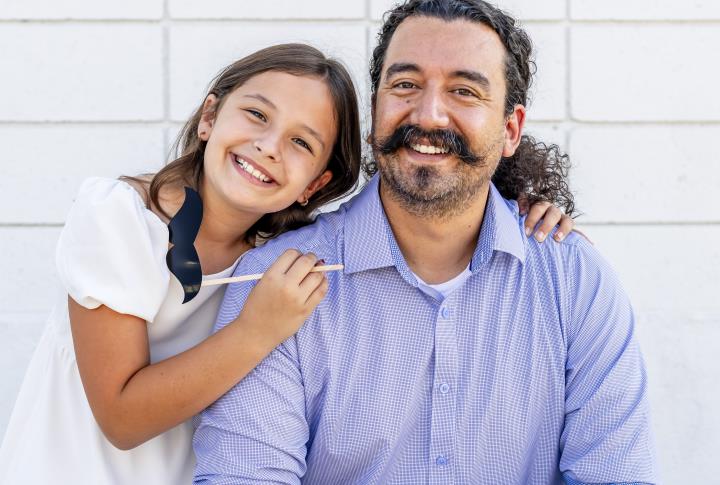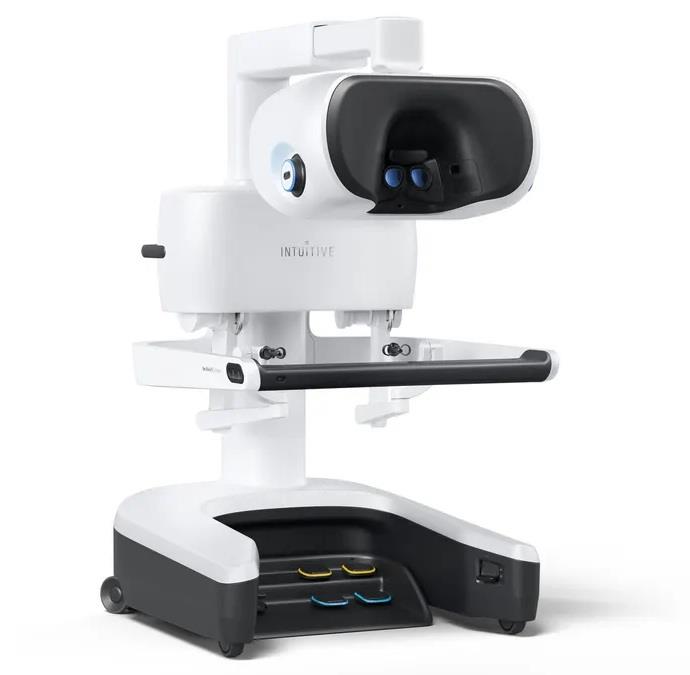Oct 30, 2025

The statistics are sobering: 1 in 2 men will develop some form of cancer in their lifetime; 1 in 8 will get prostate cancer; 1 in 16 will get lung cancer; and 1 in 23 will get colorectal cancer.
No parent wants to imagine a cancer diagnosis—but that’s exactly why these numbers matter. Early detection gives men the best chance to see their children grow up.

Unlike women, who routinely receive pap tests and mammograms, many men skip annual exams and are less likely to pursue cancer screenings—even when recommended. Maybe they think it won’t happen to them. Maybe they’re avoiding uncomfortable procedures. Or maybe they’re just too busy.
If you’re a woman, you might be rolling your eyes right now—juggling car line, dinner plans, and remembering your own eye appointment. But let’s not be too quick to judge. It’s hard to keep track of suggested screenings, especially without regular visits to a proactive physician.
In general, men should be aware of three key screenings:
- Colorectal cancer
- Lung cancer
- Prostate/testicular cancer
The American Cancer Society recommends starting colorectal cancer screening at age 45, and prostate/testicular and lung cancer screenings at age 50, depending on smoking history. Genetic or hereditary factors may shift these timelines.
Facing the Fear
If screenings lead to a diagnosis, there is hope. Locally, Adventist Health AIS Cancer Center offers board-certified oncology experts and advanced treatments to improve the quality of life for survivors.
Dr. Luis Mariscal, medical director and radiation oncologist at AIS, uses high-energy radiation beams to treat various cancers—and it’s not as scary as it sounds.
“People hear radiation and think of Chernobyl or nuclear bombs. That’s not what we do,” Mariscal said. “Think of radiation therapy more like a lightsaber. We use machines that create beams of radiation that are highly focused and precise.”

“Our investment in two DV5 robots—the only hospital in Kern County to do so—shows how much we value our patients and prioritize their well-being,” said Daniel Ruiz, administrative director of surgical operations.
Family Support Matters
Support at home is just as vital as medical care.
“It’s huge,” Mariscal said. “Cancer treatment is stressful. Having people in your corner makes a difference. Patients with strong support systems tend to do better.”
Family support also plays a role in prevention.
“There’s no single cause of cancer,” Mariscal explained. “Lifestyle choices—smoking, alcohol use, nutrition, physical activity—all have a big impact. A healthy diet, maintaining a healthy weight, and staying active can reduce your risk.”
That’s why Mariscal talks to patients about more than just treatment.
“I spend time helping people realize that while we’re dealing with cancer, we also need to look at overall health. What can we do to improve your general wellness?”
It’s a conversation worth having as a family. Because healthy choices lead to healthier lives—for everyone.







